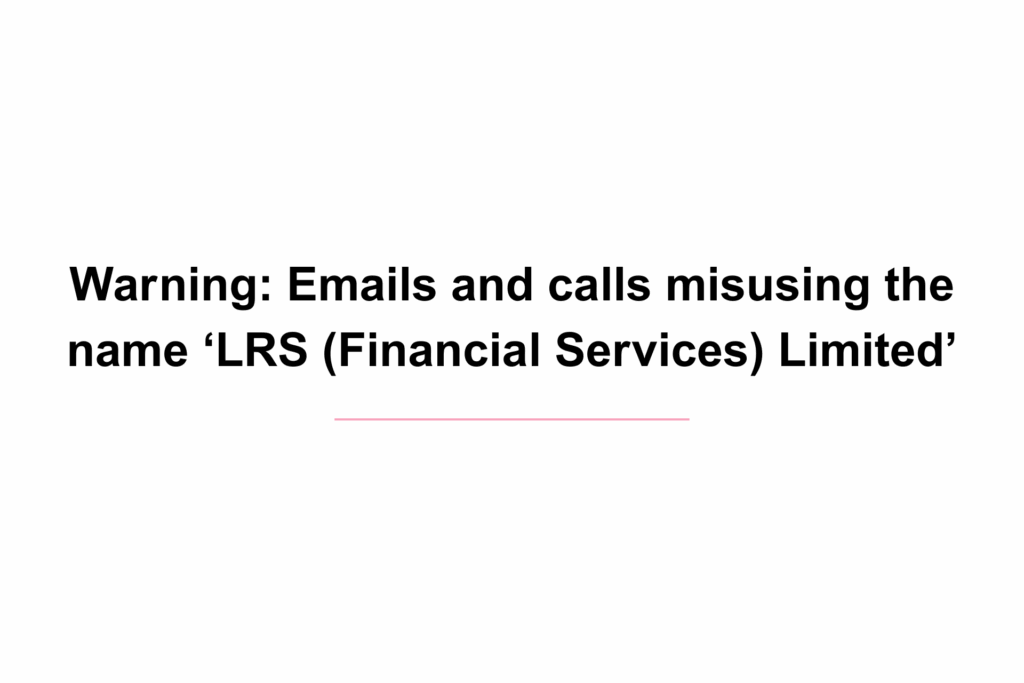Seeking inheritance tax (IHT) advice is often the last thing on your mind following the loss of a loved one. But underpaying IHT can be costly later down the line.

In this blog, Vicki Gulliver, Head of the Probate team at Lodders, explains the laws surrounding IHT and the risks individuals will face if they inadvertently underpay this tax.
What is IHT?
IHT is a 40% tax applied after a person dies to estates that are worth over £325,000 – or more if a home or the sale proceeds of a home are included.
Subject to certain lifetime events, the first £325,000 of an estate is tax-free, so the 40% tax only applies to anything that goes over this value. It does not need to be paid if the value of the estate is below a £325,000 threshold or if everything above this threshold is left to a spouse, civil partner, charity, or community amateur sports club. There is also an additional IHT allowance ‘residence nil rate band’ which may be claimed in certain circumstances attached to property ownership and the distribution of an estate.
For the purpose of IHT, the value of an estate includes:
- The person’s savings and investments
- Possessions, including property
- Subject to certain exemptions, the value of any money or property given away by the person during the seven years before their death
IHT is paid to HMRC, using funds from the estate of the person who has passed away, by the personal representatives of the estate. HMRC data reveals that a record amount of IHT was paid to the Treasury in the 2023/24 tax year, with a total of £7.5 billion collected.
Underpaying IHT: potential penalties
Whilst it can be easy to make mistakes following the death of a loved one, it is vital to ensure that IHT is paid correctly. Failure to do so can result in scrutiny from HMRC and several potential penalties.
- Missing the deadline for payment of IHT will result in interest being charged on the amount that is owed with the rate of interest at a staggering high of 7.75%.
- Late submission of an IHT return incurs an initial £100 penalty, with an additional £100 if the return is filed between 6 and 12 months after the deadline. Beyond 12 months, a penalty of up to £3,000 can be imposed.
Personal representatives are required to exercise ‘reasonable care’ in accurately completing an IHT return. In cases where inaccurate information is submitted, leading to underpayment of tax, HMRC may impose penalties. The severity of the penalty depends on whether the mistake is deemed careless or deliberate. The most serious cases, where the underpayment is deemed deliberate and concealed, can result in a penalty of 100% of the tax due.
HMRC investigations
As reported by The Times, during the 2023-24 tax year, HMRC investigated over 2000 families for potentially underpaying IHT. This high number is far from an anomaly; the previous tax year saw 3100 investigations and £251 million recovered.
If HMRC suspects that IHT has been underpaid, it will build up a picture of the deceased’s financial affairs by investigating bank statements, foreign currency transactions, property, and income suggestive of undisclosed assets, such as investments. For HMRC, it is justifiable to investigate individual IHT underpayment cases due to the rising value of assets and the potential interest rate that may result from these cases.
Putting your mind at ease
When it comes to the administration of estates, it is important to make sure that everything is dealt with correctly. Rushing the process to keep beneficiaries happy or to get the job done quickly is more likely to lead to mistakes and could ultimately prove to be very costly.
Lodders’ skilled Probate team is on hand to assist you with the difficult process of dealing with someone’s estate, which we know can be mentally and emotionally exhausting. We provide a professional and comprehensive estate administration service that is swift, diligent, and respectful, so our clients can be put at ease. We prepare IHT returns and estate accounts and can advise on post-death tax planning and deeds of variation.
For expert advice and guidance on IHT matters, please get in touch.
Contact usContact us
Need more advice?
For help with a legal problem or more information on any of our services at Lodders, please get in touch with our friendly team. You can contact us via the number or email address below, or fill in the form and we will get back to you as quickly as we can.

Contact a member of the team
Read more
Other news, insights and events






